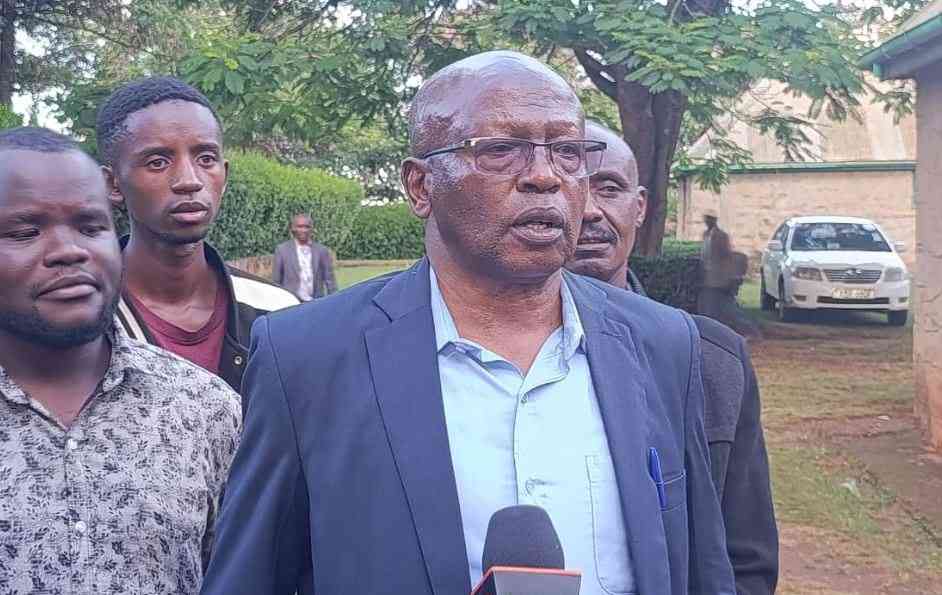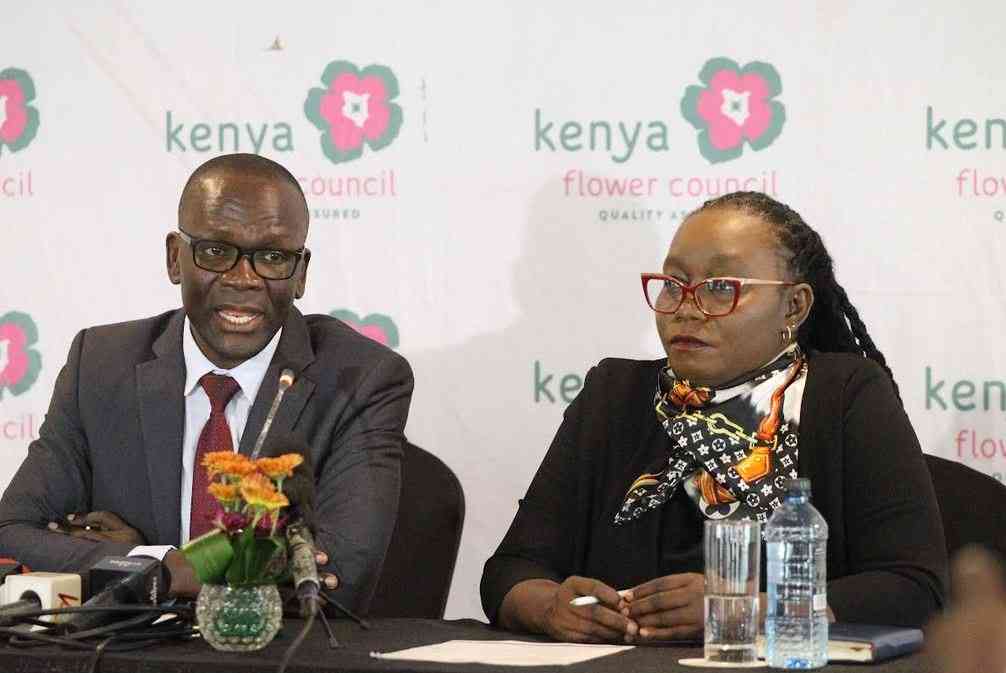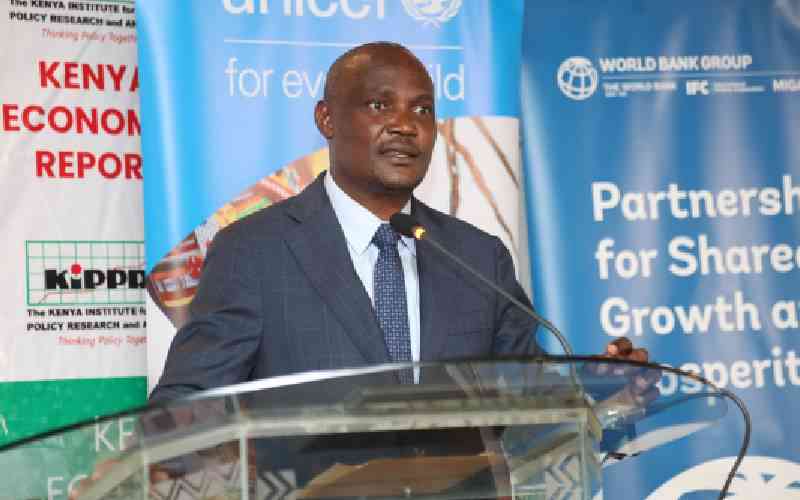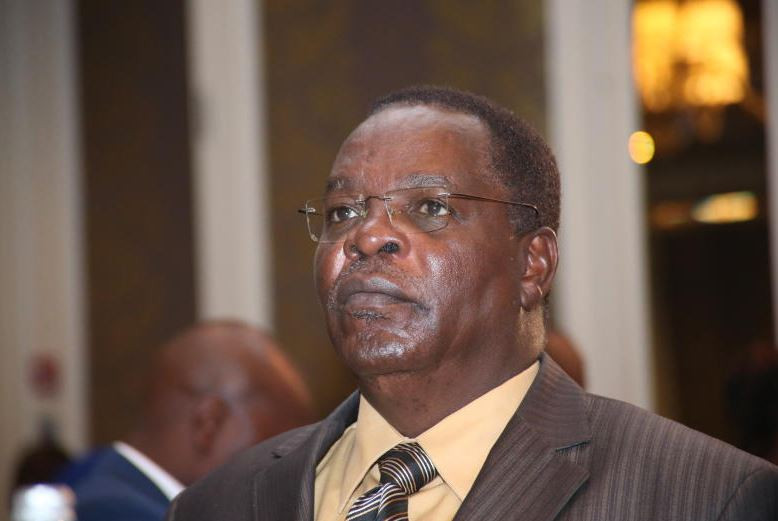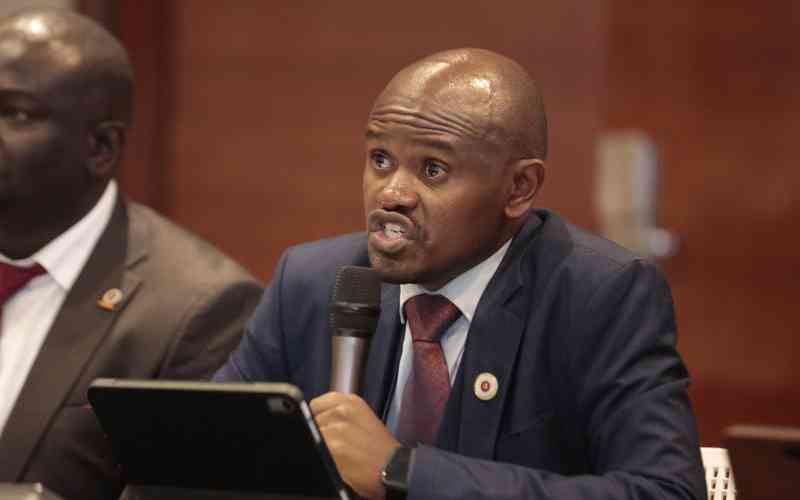 Michael Lwoyelo, an industrial engineer, had a plan from the onset of his career – to become a Managing Director by 35. And he did become one. From a young age, having been good at technical subjects with a strong bias towards machines, Lwoyelo always wanted to become a mechanical engineer. Today, he is the Managing Director of Sanergy Limited. He talks about the road map he followed, the importance of career planning, the successes and bumps along the way, and what it has taken to achieve his career’s goal – thus far.
Michael Lwoyelo, an industrial engineer, had a plan from the onset of his career – to become a Managing Director by 35. And he did become one. From a young age, having been good at technical subjects with a strong bias towards machines, Lwoyelo always wanted to become a mechanical engineer. Today, he is the Managing Director of Sanergy Limited. He talks about the road map he followed, the importance of career planning, the successes and bumps along the way, and what it has taken to achieve his career’s goal – thus far.
Tell us a bit about your background.
